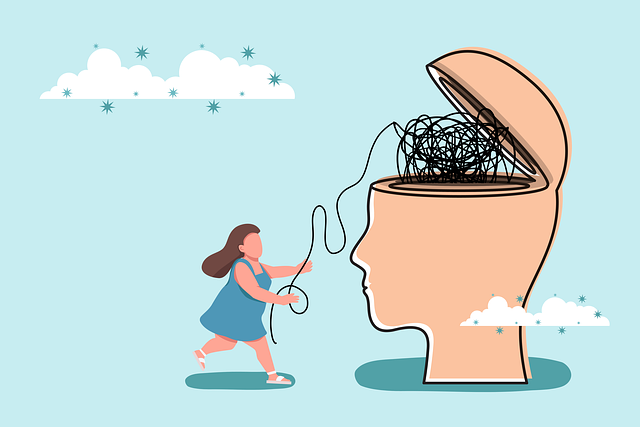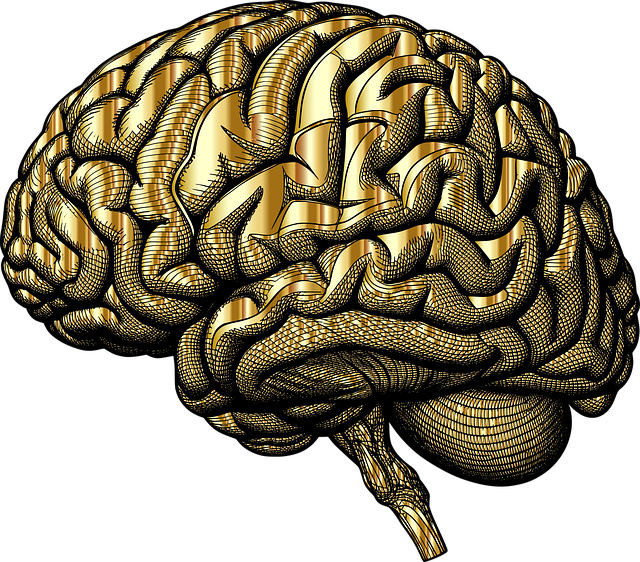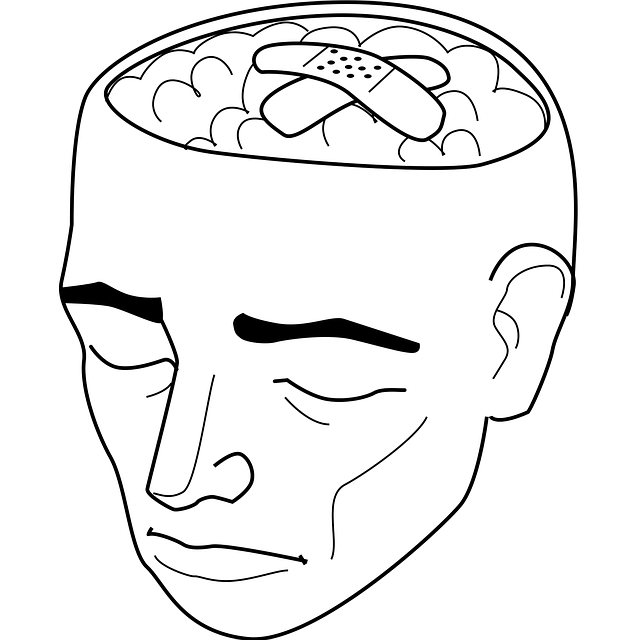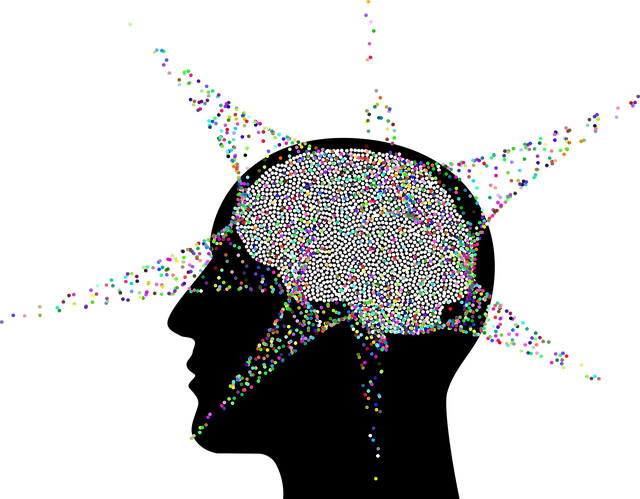Englewood Anger Management Therapy (EAMT) is an evidence-based approach that enhances mental well-being by focusing on building resilience through structured exercises, adaptability, and mastery. Integrating EAMT into cultural competency training equips healthcare providers to support patients in managing anger/stress effectively. Using both qualitative and quantitative methods, success in EAMT can be measured by improvements in social skills, self-esteem, anxiety relief, reduced anger episodes, and aggression, while interviews and group discussions provide transformative experiences.
“Discover the power of resilience through the lens of RFM (Risk, Frequency, and Severity) analysis. This comprehensive guide explores how Englewood Anger Management Therapy techniques can fortify individuals against emotional turmoil. By understanding RFM, we can tailor resilience-building exercises for effective outcomes. The article delves into practical strategies, highlighting the implementation of proven Englewood methods to manage anger and build mental fortitude. Learn how these approaches measure success and foster a lasting sense of calm.”
- Understanding RFM and its Role in Resilience Building
- Implementing Englewood Anger Management Therapy Techniques
- Measuring Success: Evaluating the Effectiveness of Resilience Exercises
Understanding RFM and its Role in Resilience Building

Resilience is a critical component of mental well-being, enabling individuals to cope with adversity and stress. The RFM (Resilience, Flexibility, and Mastery) model offers a structured framework for fostering resilience. This approach focuses on three key areas: resilience building exercises that help individuals navigate challenging situations, flexibility in adapting to change, and a sense of mastery over one’s life.
By integrating RFM principles, Englewood Anger Management Therapy can effectively support clients in developing robust coping strategies. These techniques are particularly valuable for healthcare providers, who can incorporate them into their cultural competency training programs. Such exercises not only enhance patients’ ability to manage anger and stress but also boost confidence, a key aspect of resilience, enabling individuals to face life’s challenges head-on.
Implementing Englewood Anger Management Therapy Techniques

Implementing Englewood Anger Management Therapy (EAMT) techniques can be a game-changer in fostering resilience and managing intense emotions, especially for mental health professionals dealing with high-risk clients. This therapeutic approach focuses on helping individuals identify and regulate anger, providing practical tools to navigate challenging situations. By integrating EAMT into their practice, therapists can enhance their clients’ ability to cope with stress, frustration, and potential triggers that may escalate into dangerous behaviors.
The process involves teaching mindfulness meditation as a self-care routine development for better mental health, allowing individuals to gain perspective and respond mindfully instead of reacting impulsively. Through risk management planning, clients learn to anticipate and de-escalate conflicts, ensuring their safety and the safety of those around them. This evidence-based method has been proven effective in reducing aggressive outbursts and improving overall well-being, making it a valuable addition to any mental health professional’s toolkit.
Measuring Success: Evaluating the Effectiveness of Resilience Exercises

Measuring success is a critical aspect of implementing resilience-building exercises like Englewood Anger Management Therapy. To evaluate effectiveness, it’s essential to track both qualitative and quantitative changes in individuals participating in these programs. This includes assessing improvements in social skills training, self-esteem improvement, and anxiety relief through pre-post assessments, feedback forms, and observational notes from therapists. By quantifying reductions in anger episodes and aggression, as well as increases in positive coping strategies, facilitators can gain valuable insights into the program’s impact.
Additionally, qualitative methods such as individual interviews and group discussions provide deeper understanding of participants’ experiences. These methods help uncover stories of transformation, highlighting how resilience exercises have empowered individuals to navigate life’s challenges with enhanced emotional regulation and greater confidence. By combining quantitative data with rich qualitative narratives, programs like Englewood Anger Management Therapy can effectively gauge success, identify areas for improvement, and ensure the continuous optimization of resilience-building initiatives.
The implementation of Resilience-focused Mindfulness (RFM) and resilience building exercises, as demonstrated through Englewood Anger Management Therapy techniques, offers a promising approach to enhancing emotional well-being. By combining mindfulness practices with anger management strategies, individuals can develop greater self-awareness, improve their ability to manage stress and anger, and build a stronger foundation for overall resilience. Measuring the success of these exercises is crucial, and ongoing evaluation ensures that programs remain effective and tailored to participants’ needs. This integrated approach has the potential to significantly impact individuals’ lives, promoting better mental health and more adaptive coping mechanisms in challenging situations.














